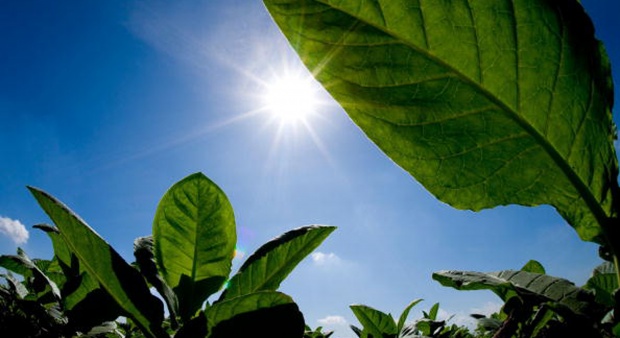No Middle Road for Tobacco
Translator
TEMPO
Editor
Laila Afifa
Kamis, 24 Desember 2020 17:34 WIB

TEMPO.CO, Jakarta - The road map for the tobacco products industry needs to be orientated toward reducing production and consumption. It is no longer appropriate for the country to depend on the cigarette industry as a revenue earner.
PRESIDENT Joko Widodo has to be firm in ending the debate for the tobacco industries' road map. Policies to control consumption and production of cigarettes, ascertained to have negative impacts on human health, should no longer be subject to compromise.
Obviously, it is inevitable that different government institutions handling the tobacco issue uphold differing attitudes. The ministry of industry, for one, defends producers of cigarettes and other tobacco products. The ministry of agriculture, too, prioritizes the welfare of tobacco growers. But for the health ministry, controlling the consumption of a dangerous product is in its highest interest. Meanwhile, the finance ministry continues to seek out further revenues from sales and taxes.
Because of these conflicting interests, the only way to end the debate is a firm political decision by President Jokowi. It is high time the government put a definitive halt to its dependency on the cigarette and tobacco products industry. It is inappropriate the government puts such a high premium on revenues derived from a product that is more damaging than beneficial.
To date, the government has maintained a two-faced attitude towards the cigarette industry. One of the reasons is the excuse cigarette producers use regarding protecting the livelihood of tobacco growers. This is no longer a valid argument, bearing in mind cigarette factories in Indonesia now mostly depend on imported tobacco.
The hike in imported tobacco occurred in tandem with the shift in local cigarette production methods, from hand-rolled kretek cigarettes to machine-produced kreteks. Data from the Central Statistics Agency showed imported tobacco, particularly the Virginia tobacco as the raw material for machine-produced kretek cigarettes, increased from 119,540 tons to around 122,000 tons in 2018-2019. This year potentially imports will once again spike in tandem with the disruption of local tobacco and a decline in plantation landholdings. With such patterns, absorption of local tobacco is on the decline, until at a certain point local farmer will simply lose their market.
Thus, it is only logical the industry's road map should be directed towards decreasing production and consumption. To control supply, the government should create alternative livelihoods for tobacco growers and shift them to other commodities in several phases. The industry and labor ministries need to begin thinking about policies to anticipate a gradually decreasing cigarette factory capacity, while at the same time seek out alternative fields of occupation for the laborers.
To control consumption, a decision by Finance Minister Sri Mulyani to continue increasing tax and excises from cigarettes is a good step. The government should not be hesitant about progressively increasing cigarette tax and excises. An increase of excises by 12.5 percent beginning February 2021 is very low compared to this year, which reached 23 percent.
The Supreme Court decision in 2016 to annul the trade minister ruling concerning road-mapping for the tobacco product industries in 2015-2020 should be the reference point. The decision stated, a growth target for cigarette production was in violation of the Law on Health, the Law on Human Rights, the Law on Child Protection, and the International Covenant on Economic, Social, and Cultural Rights.
Therefore, limiting production and controlling the consumption of these products is a must. There no longer exists any space for the government to create a road map for the cigarette and tobacco-products industry, oriented towards industrial growth. Obviously, implementation would need to be in stages so the government has time to seek out alternative revenues to replace cigarette excises which so far has abundantly filled state coffers.
Read the Complete Story in Tempo English Magazine




















